Faced with the challenges of household waste pollution and increasing treatment costs, the research team from the Central College of Industry and Trade has successfully manufactured a "Biodegradable organic waste composting device in residential areas."
This is an environmentally friendly, cost-saving and highly applicable technological solution in localities. The project is considered a typical model in implementing waste treatment at the source, aiming at building a sustainable new countryside.
Cost-effective, no need for biological products
According to the project manager, Dr. Vo Anh Khue (Central College of Industry and Trade), the project was designed according to the principle of aerodynamics.
This is a waste treatment mechanism by creating air circulation in the compost bin space, to stimulate the natural biodegradation process. The device consists of two layers: the inner layer is a block of organic waste with perforated ventilation holes, the outer layer is a protective structure that prevents odors and is waterproof.
The composting process does not use any biological products, does not produce odors, does not leak water, and significantly reduces air, soil and water pollution, common problems when handling waste by manual methods or landfilling.
Organic waste such as vegetables, fruits, and leftover food after being put into the device will go through a decomposition process in about 60 days, creating nutritious compost (organic humus) that can be used directly for plants.
In addition, the device is also designed with two opposite manure doors and an automatic bottom drainage system, making it easy for users to operate, without worrying about clogging or unpleasant odors like many conventional trash cans on the market.
The materials used to make the crates are also calculated to be economical and environmentally friendly. The research team used recycled plastic (HDPE) to ensure durability and reduce plastic waste.
The equipment comes in various sizes (120 liters, 220 liters, 700 liters, 1000 liters), meeting diverse usage needs, from small households to residential clusters and public facilities.
Dr. Vo Anh Khue said that this waste composting device has been applied in many provinces and cities such as Phu Yen , Binh Dinh and is continuing to expand to other localities.
“People appreciate its simplicity, convenience and especially its cost-effectiveness as there is no need to buy fertilizer or hire a waste treatment facility. The device can also be associated with green, sustainable agricultural models,” Dr. Vo Anh Khue shared.
With its effectiveness proven in the field, the project was awarded the Encouragement Prize of the Vietnam Science and Technology Innovation Award in 2024 and many other awards such as: Third Prize of the 10th Phu Yen Provincial Technical Innovation Contest, Third Prize of the Phu Yen Provincial Military Command and Third Prize of the Commander of Military Region V in 2023.
The project was also selected to be included in the document "Good initiative models in new rural construction in 2023" of the Ministry of Agriculture and Rural Development, thereby contributing to a clearer orientation of the application of science and technology to improve the quality of life for rural people.
From policy to practice
During the implementation of this research project, the group of authors proactively carried out procedures for registering intellectual property protection for equipment and product brands at the National Office of Intellectual Property of Vietnam, gradually building a closed creative value chain, aiming at commercializing products instead of just stopping at the research scope.
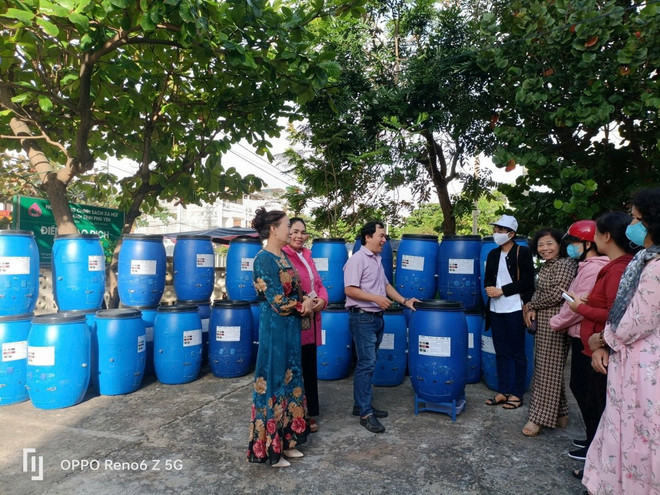
According to Dr. Vo Anh Khue, the Politburo's issuance of Resolution No. 57-NQ/TW on breakthroughs in science, technology, innovation and national digital transformation is considered an important driving force, creating favorable conditions for the research process, transfer and application of results into practice.
This resolution is seen as a long-term strategic orientation, affirming the central role of science and technology in the country's development; contributing to encouraging local research groups to boldly deploy simple, low-cost technology models that are capable of bringing sustainable efficiency and are easy to replicate.
The research team expressed hope that, with increasingly clear support mechanisms from Resolution 57, initiatives such as composting equipment will continue to be replicated in the community, linked to environmental goals in the criteria for building advanced and exemplary new rural areas.
In addition, the authors also proposed that there should be more specific support policies on finance, communication and technical transfer so that the device can be more widely accessible in the community.
The long-term goal is not only to treat waste at the source but also to raise public awareness of green lifestyles, promote circular economic models and sustainable development./.
Source: https://www.vietnamplus.vn/cong-nghe-u-rac-huu-co-de-phan-huy-giai-phap-tiet-kiem-than-thien-moi-truong-post1044876.vnp




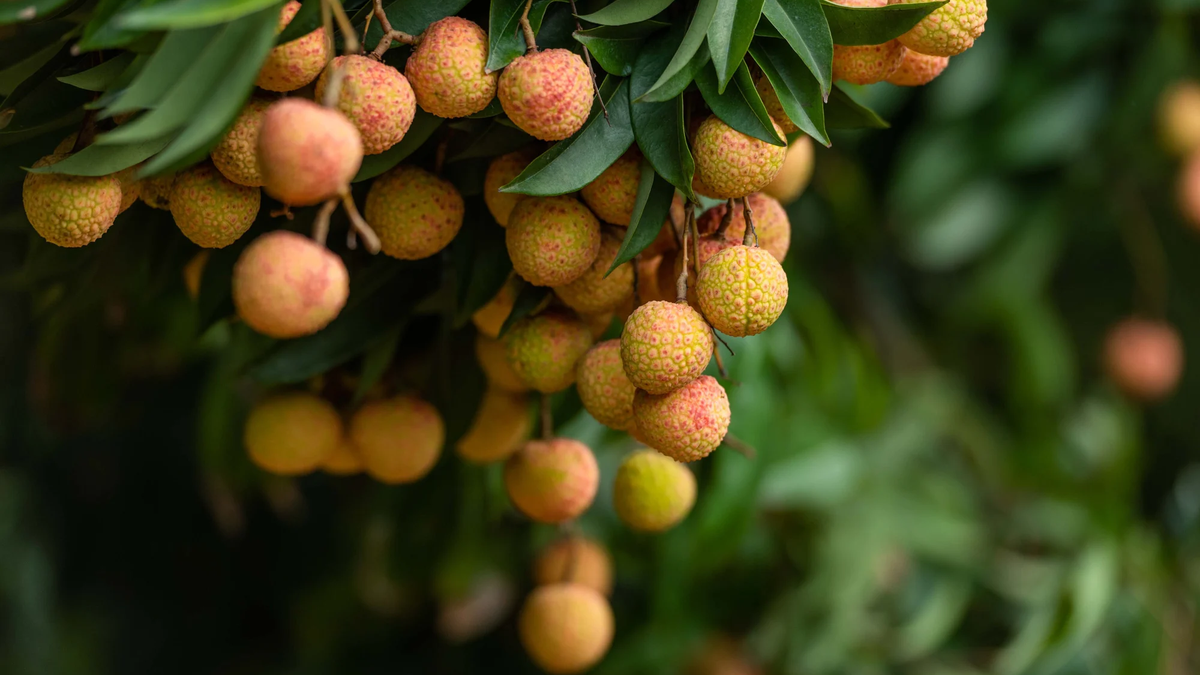



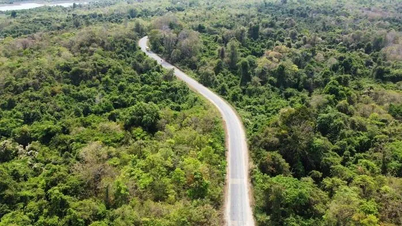



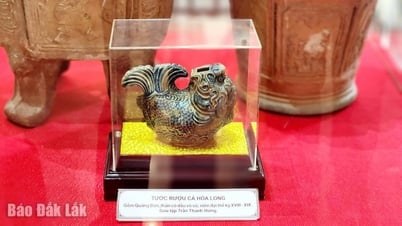












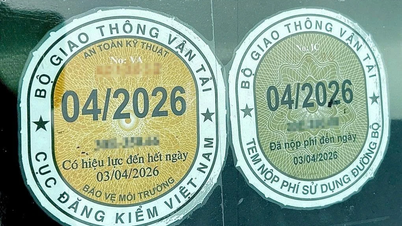
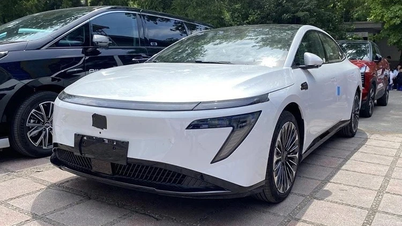





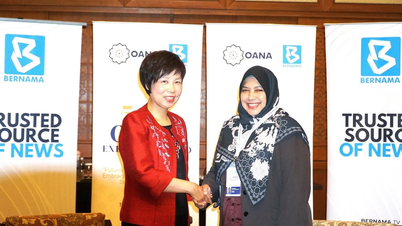
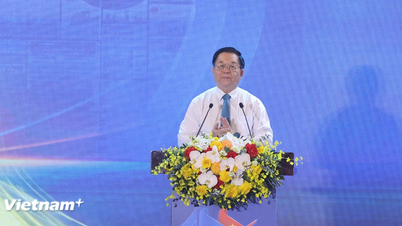
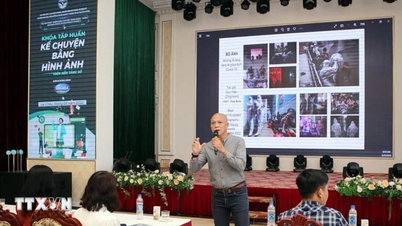
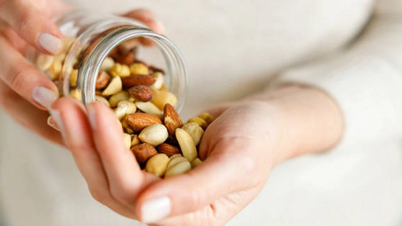
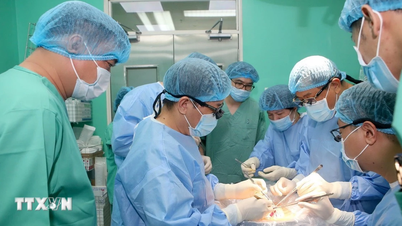


















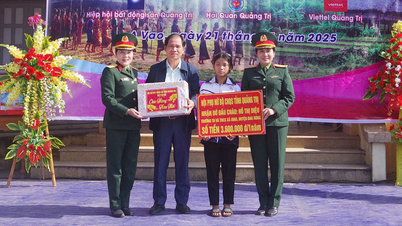








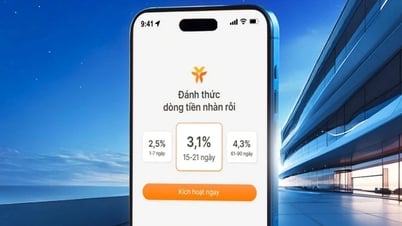
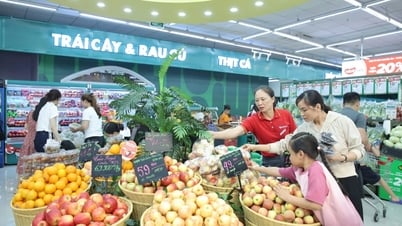

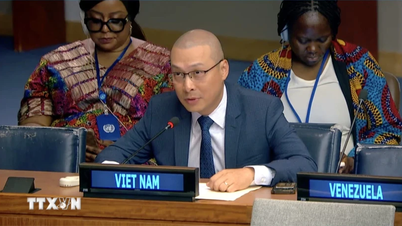



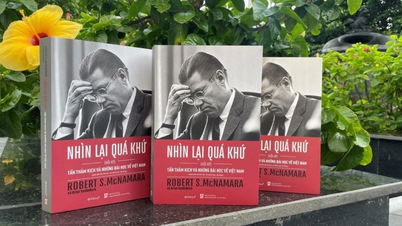
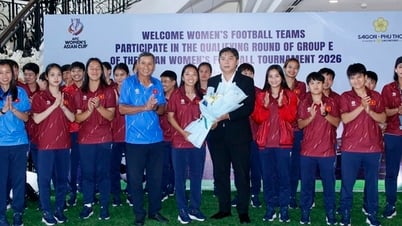





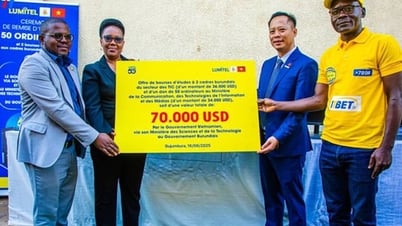









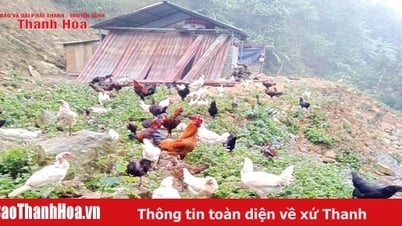














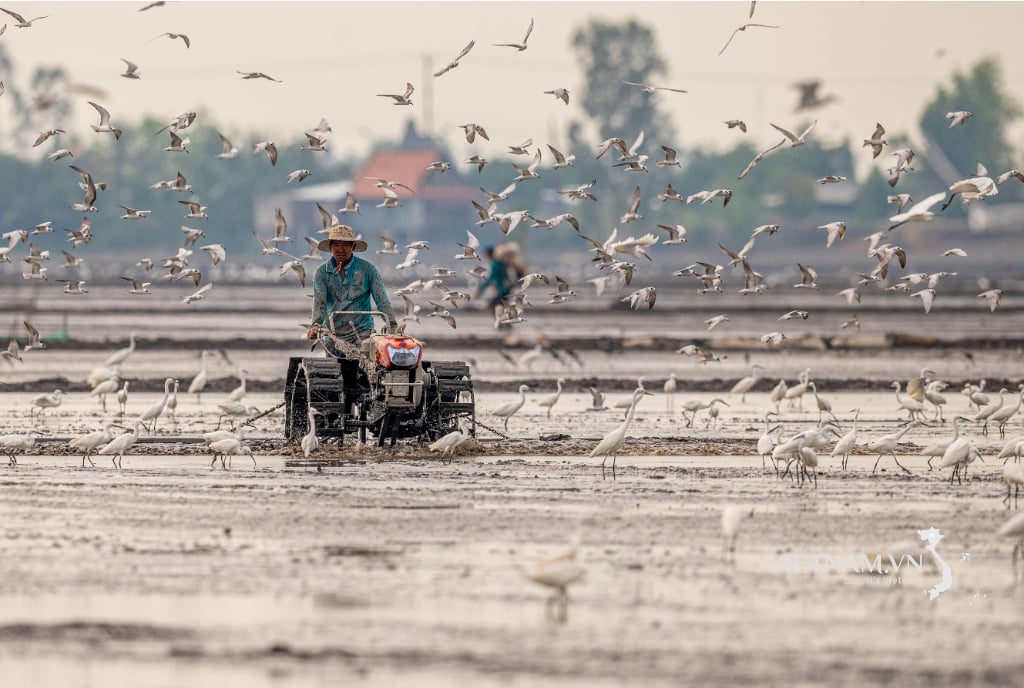
Comment (0)